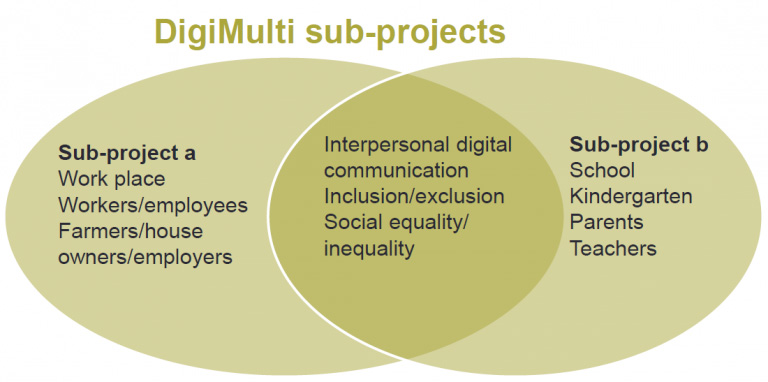In Norwegian policy documents, Norwegian language competence is singled out as the one crucial factor for successful inclusion of immigrants. Is it really that simple? This project will look at factors related to language competence, but not in a Norwegian-speaking/not Norwegian-speaking perspective. We instead investigate how digital communication between migrants and Norwegians is carried out and how this affect social equality in two key domains of integration: the workplace and the school setting.
Within a short time, Lithuanians have become the second largest group of immigrants in Norway. They distinguish themselves from most other groups through settling down mainly outside of Oslo, in localities where they represent a welcome addition to the local work force and contribute to the number of pupils in the local schools.
However, not much research has been carried out to study Lithuanians in Norway, nor the specificities of inclusion in the rural Inland context. The current project aims at filling this gap. It is divided into two sub-projects that will examine questions of inclusion and equality in interpersonal digital interaction in two different domains. Sub-project a focuses on digital interaction in the work context, sub-project b looks at the school setting (see figure below).

News from DigiMulti
Relevant links
The DigiMulti project has had another website until June 2023, see earlier news and information about the project.


